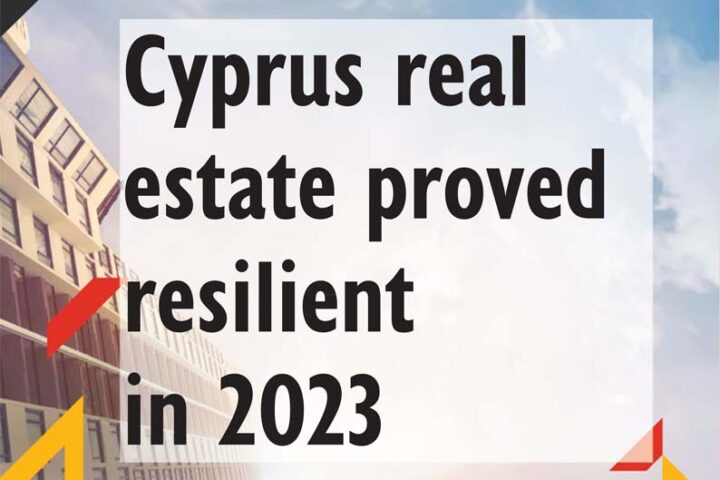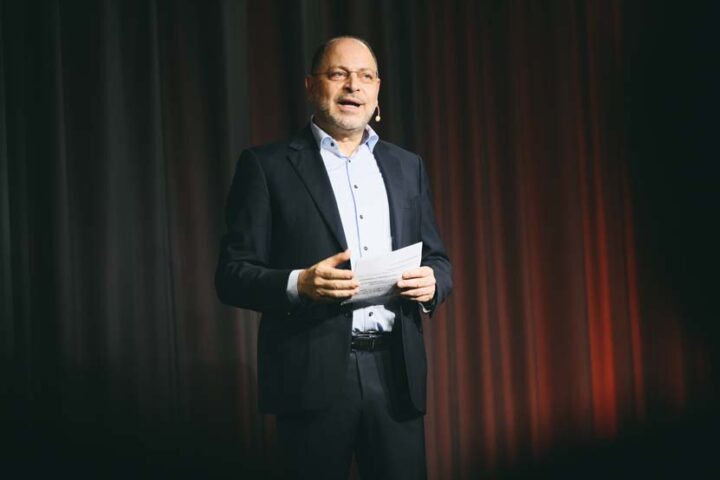Some 73% of CEOs believe global economic growth will decline over the next 12 months, the most pessimistic outlook in over a decade, said PwC’s Global CEO Survey.
The bleak CEO outlook is the most pessimistic regarding global economic growth since PwC began asking this question 12 years ago.
It is a significant departure from the optimistic outlooks of 2021 and 2022 when more than three-quarters (76% and 77%, respectively) thought economic growth would improve.
Not economically viable
In addition to a challenging environment, nearly 40% of CEOs think their organisations will not be economically viable in a decade if they continue their current path.
CEOs confidence in their own company’s growth prospects also declined dramatically since last year (-26%), the biggest drop since the 2008-2009 financial crisis when a 58% decline was recorded.
Globally, business confidence around economic growth varies starkly, with G7 economies, including France (70% v 63%), Germany (94% v 82%) and the UK (84% v 71%) – all weighed down by an ongoing energy crisis – more pessimistic about their domestic growth prospects than they are about global growth.
Inflation
While cyber and health risks were the top concerns a year ago, the impact of the economic downturn is top-of-mind for CEOs this year, with inflation (40%) and macroeconomic volatility (31%) leading the risks weighing on CEOs in the short-term – the next 12 months – and over the next five years.
Close behind, 25% of CEOs also feel financially exposed to geopolitical conflict risks, whereas cyber risks (20%) and climate change (14%) have fallen in relative terms.
The war in Ukraine and growing concern about geopolitical flashpoints in other parts of the world have caused CEOs to rethink aspects of their business models, with almost half of respondents that are exposed to geopolitical conflict integrating a wider range of disruptions into scenario planning and corporate operating models either by increasing investments in cybersecurity or data privacy (48%).
Cutting costs
In response to the current economic climate, CEOs want to cut costs and spur revenue growth.
And 52% of CEOs report reducing operating costs, while 51% report raising prices and 48% diversifying product and service offerings.
However, more than half – 60% – say they do not plan to reduce the size of their workforce in the next 12 months.
A vast majority – 80% – indicate they do not plan to reduce staff remuneration to retain talent and mitigate workforce attrition rates.
Trust and transformation
CEOs noted the need to collaborate with a wide range of stakeholders to build trust and deliver sustained outcomes if they are to generate long-term societal value.
The survey found that when organisations partner with non-business entities, it is to address sustainable development (54%), diversity, equity, and inclusion (49%), and education (49%).
Technologically
More than three-quarters (76%) of organisations say they are investing in automating processes and systems, implementing systems to upskill workforces in priority areas (72%), and deploying technology such as the cloud, AI, and other advanced technology (69%).
However, many CEOs question whether critical preconditions for organisational empowerment and entrepreneurship are present in their companies to tackle the increasingly complex risks organisations face.
For example, only 23% of CEOs say leaders in their company often/usually make strategic decisions for their function without consulting the CEO.
Further, only 46% of CEOs say leaders in their company tolerate small-scale failures often/usually.
However, more optimistically, nearly 9 in 10 (85%) respondents say the behaviours of employees are often or usually aligned with their companies’ values and direction.
Bob Moritz, Global Chair, PwC, said: “The risks facing organisations and society today cannot be addressed alone and in isolation.
“CEOs must therefore continue to collaborate with a wide range of public and private sector stakeholders to effectively mitigate those risks, build trust and generate long-term value – for their businesses, society and the planet”.
Almost 160 CEOs from Cyprus participated in the study, reflecting the business community’s growing interest in the survey.










